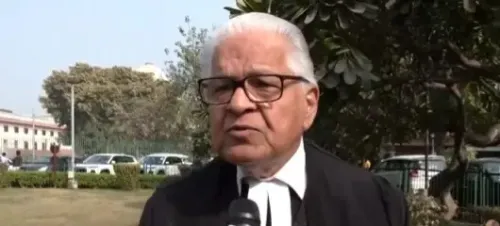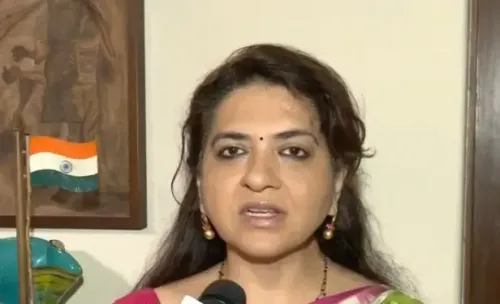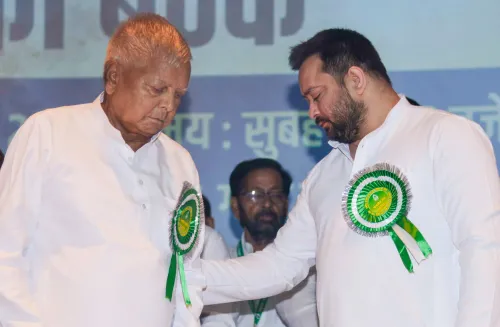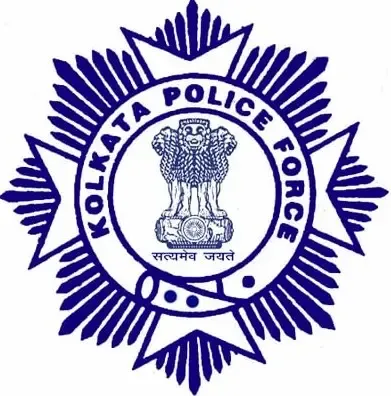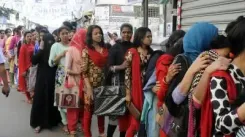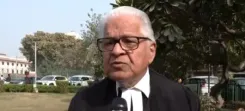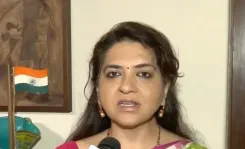How Can We Better Address Mental Health on World Suicide Prevention Day?
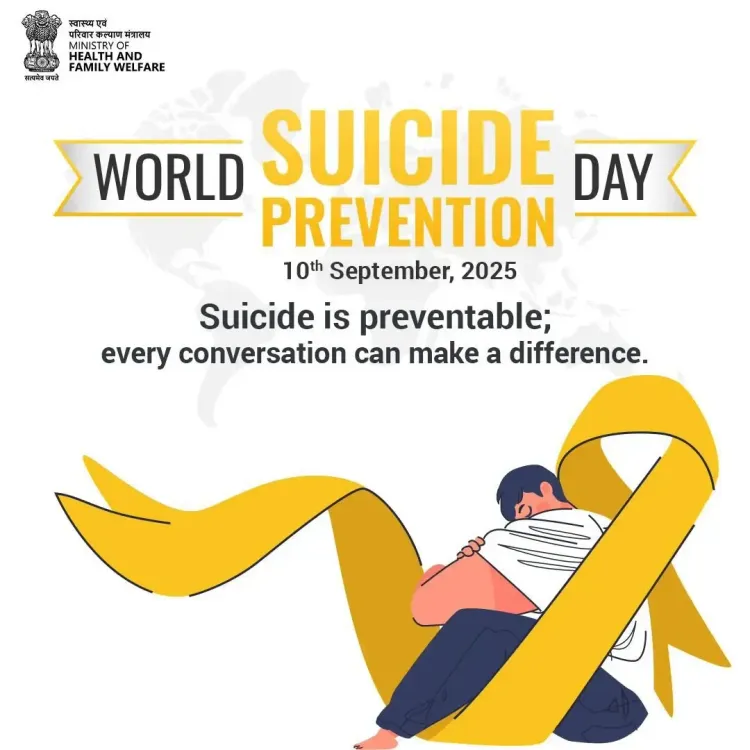
Synopsis
Key Takeaways
- World Suicide Prevention Day promotes awareness and preventive measures.
- Open conversations about mental health can reduce stigma.
- India faces a significant challenge with rising suicide rates.
- The government has launched the National Suicide Prevention Strategy.
- Support programs like Tele-MANAS are crucial for mental health assistance.
New Delhi, Sep 10 (NationPress) On this year's World Suicide Prevention Day, Union Health Minister JP Nadda called on individuals to engage in more open discussions about mental health and work towards diminishing the associated stigma.
Every year, World Suicide Prevention Day is recognized on September 10 to promote initiatives aimed at suicide prevention and to approach the topic with empathy and understanding.
With over 720,000 lives lost to suicide globally each year, this pressing issue impacts countless individuals and communities.
“World Suicide Prevention Day serves as a reminder of the need for compassion and support for those who may be enduring silent battles. Through non-judgmental listening and fostering open dialogues, we can offer hope to those in distress,” Nadda expressed in a message on the social media platform X.
The theme for this year is “Changing the Narrative on Suicide.”
“This theme emphasizes the necessity of discussing mental health openly, reducing stigma, and standing in solidarity with those seeking help. Through empathy and understanding, we can create a safer, more hopeful environment for all,” Nadda stated.
India represents one-third of global female suicides and nearly one-fourth of male suicides each year. On average, more than 100,000 individuals succumb to suicide in India annually.
Data from the National Crime Records Bureau (NCRB) indicates a troubling increase in suicide rates, rising from 9.9 per lakh population in 2017 to 12.4 per lakh population in 2022.
In response, the government introduced the inaugural National Suicide Prevention Strategy (NSPS) in 2022, targeting a 10% reduction in suicide mortality by 2030.
This initiative includes national programs like Tele-MANAS (Tele Mental Health Assistance and Networking Across States), DMHP (District Mental Health Programme), RKSK (Rashtriya Kishor Swasthya Karyakram), and Manodarpan aimed at enhancing helplines, community outreach, and school-based support.
The Tele-MANAS helpline operates with 53 cells across 36 states and union territories, managing over a million calls, while the DMHP extends its services to 767 districts with community-level crisis support.
Moreover, mental health services have been integrated into over 178,000 Ayushman Arogya Mandirs, along with enhanced capabilities at AIIMS, Centres of Excellence, and government medical colleges.
“Let’s transition from fear to empathy and from isolation to support. Initiate the conversation — it could save a life. If you or someone you know is facing challenges, don’t hesitate to reach out to Tele-MANAS at 14416 for free, confidential mental health assistance,” the Ministry of Health concluded on X.


